-
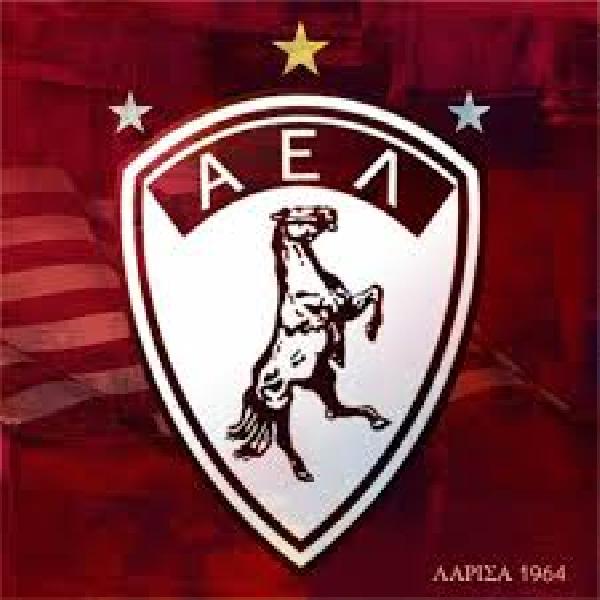
FINAL TRAINING DATE AND CANCELLED DATES FOR ALL GYMNASIUMS
February 05 ,2024
THE FOLLOWING WILL BE THE LAST DATES OF INDOOR TRAINING:
WILFRID JURY GYMNASIUM - WEDNESDAY APRIL 24
ST NICHOLAS GYMNASIUM - FRIDAY APRIL 19
All cancelled dates are listed below.
WEDNESDAY TRAINING AT WILFRID JURY STARTS ON WEDNESDAY OCTOBER 11
Cancelled Wednesday dates are as follows:
- October 4
- December 27
- January 3
- March 13
THURSDAY TRAINING AT ST MARGUERITE d' YOUVILLE STARTS ON THURSDAY OCT 5
Cancelled Thursday dates are as follows:
- November 9
- December 28
- January 4
- February 15
- March 14
FRIDAY TRAINING AT ST NICHOLAS STARTS FRIDAY OCTOBER 13
Cancelled Friday dates are as follows:
- November 17
- December 29
- January 5
- February 9
- March 15
- March 29
-

FACILITY AND EQUIPMENT SAFETY POLICY AND PROCEDURES
January 02 ,2024
AEL FC Canada ensures that Facilities and equipment are safe, well-maintained, and in good condition
The following conditions are met prior to training and games.
A complete walk through of the fields to ensure no dangerous objects, level field etc
All equipment is inspected to ensure safe for usage
Damaged equipment is sent for repair or discarded.
Our mandate is ensure a safe and well maintained facility -

Facilities are accessible to participants of all abilities
January 01 ,2024
AEL FC Canada's training facilities have accessibility for participants and observers of all abilities.
Facilities come complete with wheelchair ramp, accessible washroom, accessible viewing and participation area(s).
we are always striving to better our facilities. Please contact us anytime with suggestions and comments.
AEL FC Canada
aelfccanada@gmail.com -
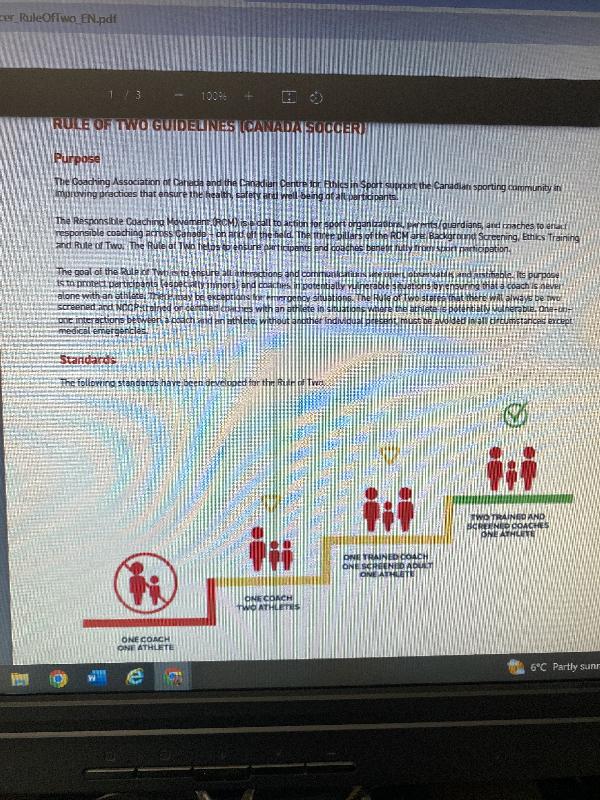
RULE OF TWO GUIDELINES (CANADA SOCCER)
January 01 ,2024
AEL FC Canada strictly adheres to Canada Soccer Code of Conduct Rule of Two Guidelines
-
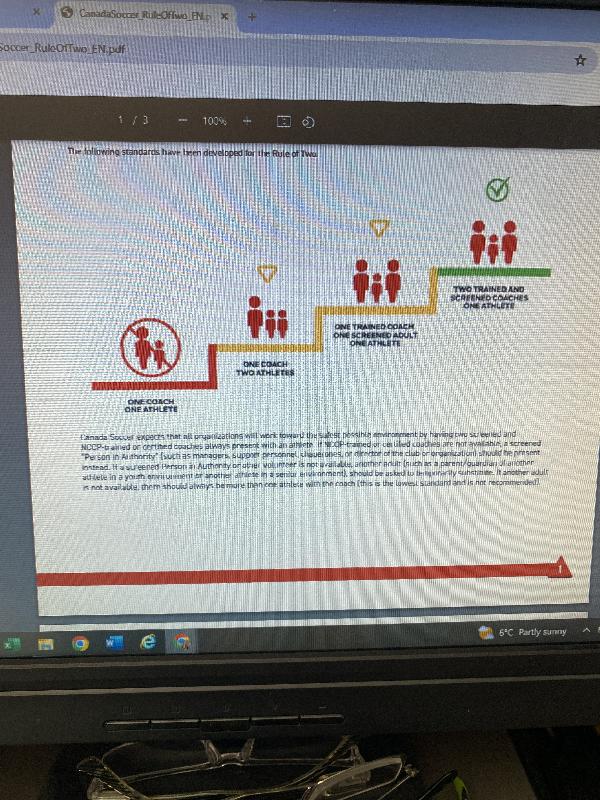
RULE OF TWO GUIDELINES (CANADA SOCCER)
January 01 ,2024
Rule of Two continued
-
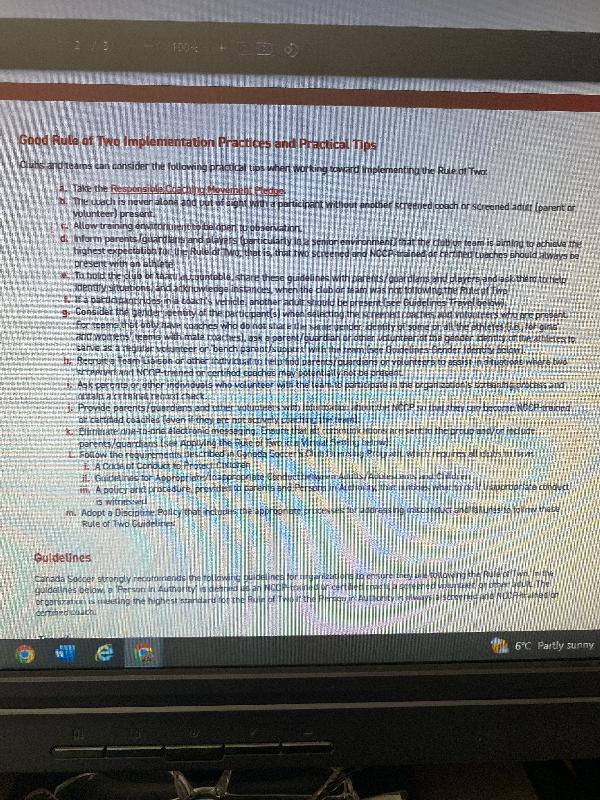
RULE OF TWO GUIDELINES (CANADA SOCCER)
January 01 ,2024
Rule of two continued
-
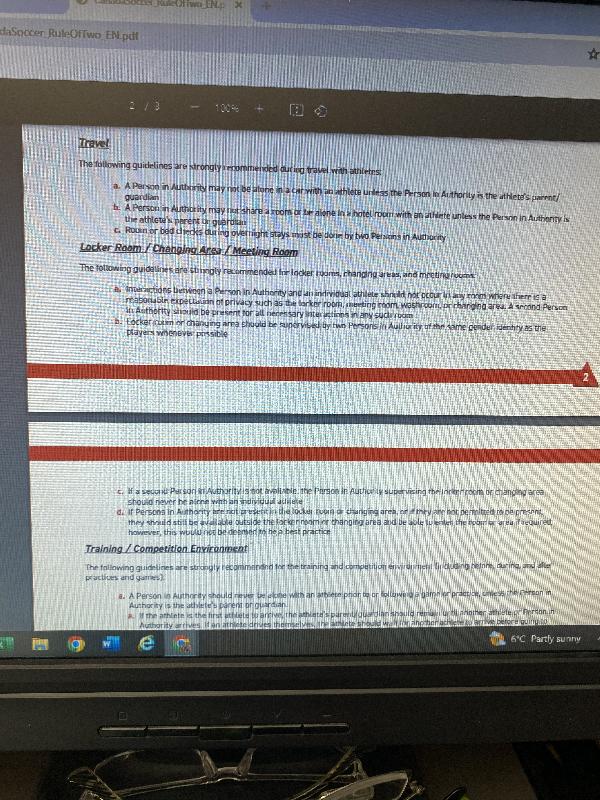
RULE OF TWO GUIDELINES (CANADA SOCCER)
January 01 ,2024
Rule of Two continued
-
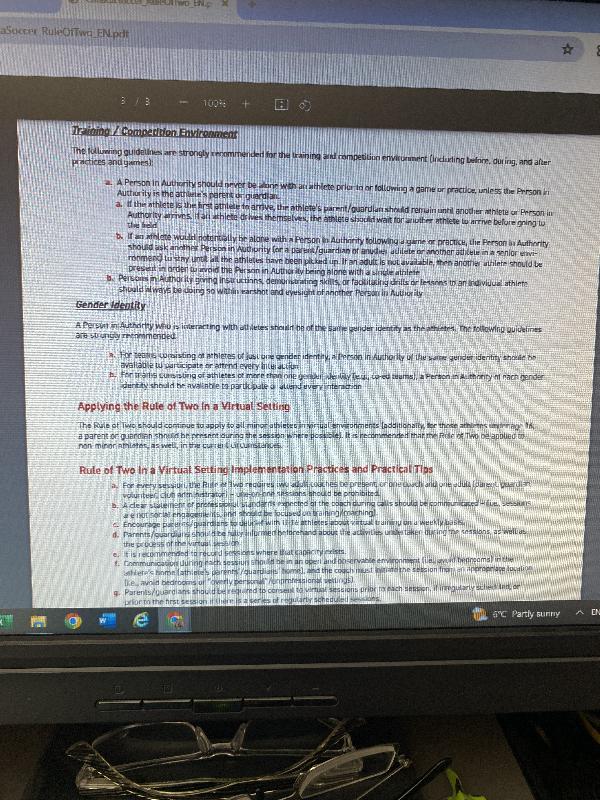
RULE OF TWO GUIDELINES (CANADA SOCCER)
January 01 ,2024
Rule of Two Continued
-
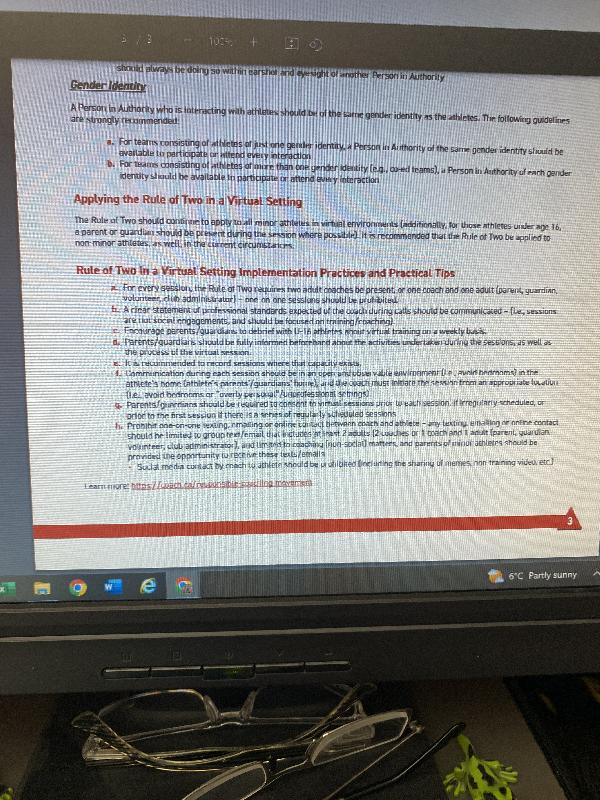
RULE OF TWO GUIDELINES (CANADA SOCCER)
January 01 ,2024
Rule of Two continued
-
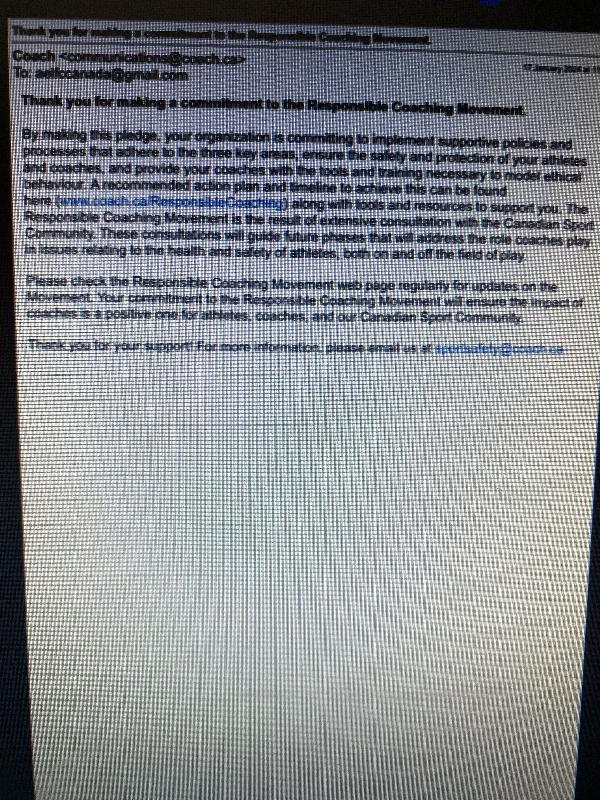
COMMITTMENT TO RESPONSIBLE COACHING MOVEMENT PLEDGE
January 01 ,2024
-

AEL FC CANADA Diversity, Equity, and Inclusion Policy
January 01 ,2024
AEL FC Canada
An open, accessible, equitable and respectful soccer club where everyone is welcome to participate and fully and contribute to all AEL FC Canada programs.
Diversity
is the range of visible and invisible qualities, experiences and identities that shape who we are, how we think and how we engage with, and are perceived by the world. These can be along the dimensions of race, ethnicity, gender, sexual orientation, socio-economic status, age, physical or mental abilities, religious/spiritual beliefs, or political ideologies. They can also include differences such as personality, style, capabilities, and thoughts/perspectives.
Inclusion
is recognizing, welcoming and making space for diversity.
Equity
is fairness, making sure everyone has what they need to succeed and removing barriers that disadvantage some groups over others. This is different than treating people equally, which is behind the concept of “equality.”
Anti-racism
is a specific approach to eliminate racism that acknowledges that systemic racism exists and that takes proactive steps to fight racial inequity. It actively confronts the unequal power dynamic between groups and structures that maintain it.
Accessibility
is ensuring that people of all abilities have equitable and barrier–free access to physical spaces, products, programs and services, as well as employment opportunities.
AEL FC CANADA -
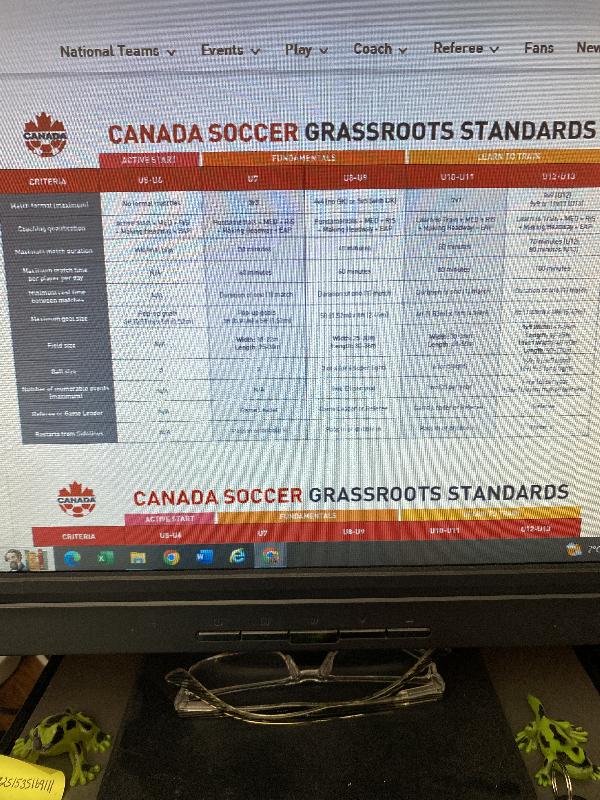
CANADA SOCCER GRASSROOTS STANDARDS
January 01 ,2024
Play
CANADA SOCCER GRASSROOTS STANDARDS
The Canada Soccer Grassroots Standards have been designed to create the best possible learning and development environment for all young players in Canada. The Grassroots Standards are based on global best practice while taking into account the realities of Canadian soccer. As adults, it is our responsibility to ensure that all of our children are able to enjoy soccer in a safe, fun, accessible, inclusive and developmentally appropriate environment. Given the uniqueness of our country – where geography, climate and infrastructure can be vastly different from one region to the next – it will not always be possible to implement the Grassroots Standards. Do your best to implement the Grassroots Standards while understanding that some standards may not be possible to achieve in your region.
MATCH FORMAT
The match format refers to the number of players on each team. This can range from very few players (1v1, 2v2 or 3v3) to the full FIFA regulation game format of 11v11.
MINIMUM REST TIME BETWEEN MATCHES
Young players need rest as they expend a great deal of energy during matches. It is important for their wellbeing that they have a minimum rest period between matches during a Festival or Memorable Event. This ensures that they have the time needed to recover, refuel and rehydrate. The rest time between matches is considered the time between the end of one match, including any additional time or kicks from the penalty mark, and the start of another.
MAXIMUM MATCH DURATION
This refers to the maximum length of the match. The match is normally played in two halves of equal duration (i.e. A 30-minute match would be comprised of two, 15-minute halves) however, the match may be divided as required (i.e. Three 10-minute periods)
MAXIMUM MATCH TIME PER PLAYER PER DAY
In order to ensure that our young players are safe, we do not want them to be pushed beyond their physical limits. The maximum match time per player is the total amount of match time each player experiences on match day. Be careful to track the total playing time of each player, as exceeding the recommended guidelines may lead to burnout or injury.
COACHING QUALIFICATIONS
This refers to the training that a coach is required to complete prior to coaching a group of young players. As part of Canada Soccer’s Safe Sport Roster, all coaches in Canada are required to complete the training outlined in the Canada Soccer Grassroots Standards.
MEMORABLE EVENTS
Playing in tournaments and special events is an important part of a positive soccer experience for young players. Some of their most memorable experiences will be when they participate in tournaments and festivals, often away from home. These events are where lifelong friendships are formed, and they are important to a young player’s soccer experience. However, adults can sometimes get carried away with the perceived importance of these events and can over-schedule them. It is best that memorable events are phased in gradually as young players mature in the game and are kept to a reasonable number of events.
INTERNATIONAL VS OVERSEAS TRAVEL
Given the size of our country and the proximity of many Canadians to the United States, it is often more convenient for teams to travel to memorable events in the United States than in Canada. We want our players to have great experiences in a variety of competitions, and there are many options to do this in Canada and the U.S. Overseas travel (i.e. Europe, Asia, South America) should generally be restricted until players are older so that they can fully appreciate the experience. However, there are exemptions, so please contact your Member Association to apply for an overseas travel permit.
OFFSIDE
Offside is Law 11 of the International Football Association Board (IFAB) Laws of the Game, and is recommended to be implemented for young players at the U12 level. For a deeper understanding of Law 11, please follow this link.
GAME LEADER
In many parts of Canada, Game Leaders are used to facilitate matches between young players. The Game Leader will be trained to achieve a few objectives on the field:• Enable children to have a fun and rewarding experience while competing in small sided games.• Ensure player safety.• Implement simplified rules while keeping the game moving — limiting stoppages and assisting the young players with all restarts.
The Game Leader can be a club representative, coach, parent or a beginning or senior referee who has been selected by the club or district to participate in the Game Leader Instruction program.
MATCH DAY FORMAT
Canada Soccer recommends that Grassroots programs for players U7-U12 utilize the Festival Format for match days. Traditional league play format should not be introduced until U13.A Festival Format is a competition that includes multiple matches in a single day, whereas league play includes only a single match per day.
MATCH DAY ROSTER GUIDELINES
The match day roster is the list of players that a coach has available to play in a given match. It is important for coaches to remain within the guidelines provided; too few players and there is an increased risk of fatigue, burnout and injury. Too many players and there is a risk of boredom as players will spend too much time on the sidelines and not enough time playing soccer.
SUBSTITUTIONS
Substitutions are used to ensure that players have an opportunity to play different positions and to get some rest, when required. While ensuring that all players get exactly the same playing time is a challenge, it is important for players to have an opportunity to play as much soccer as possible. Team
TRAVEL TIME
For young players to fall in love with the game of soccer, they need to play. A general rule is that players should not spend more time in a car traveling to a match, Festival or tournament than they spend on the field enjoying that experience.
RETREAT LINE
The retreat line has been introduced in grassroots soccer in recent years to help develop young players’ ability to play out from the goalkeeper and to keep possession of the ball as they build an attack.
This teaching tool has also been used to help build confidence in players as they retain possession of the ball.
The Retreat Line should be used in relation to the age and stage of development of the players, and is optional for players in the U12/U13 age categories.
SEASON OR BLOCK LENGTH
Development programs for young players are often broken up into seasons (spring, summer, fall, winter) or into multi-week “blocks”. There should be time between these seasons or blocks for players to get some rest or to play other sports. The parameters around minimum/maximum time of the seasons/blocks are flexible to ensure that clubs are able to offer appropriate programming for players without overloading them physically.
PLAYING TIME
One of the most challenging tasks for a Grassroots coach is to ensure that players get equal playing time. More often than not, this is an impossible task. When matches begin to occur at U7, the recommendation is that all players are given “fair” playing time. This means that coaches will do their best to ensure that all players get to play as much soccer as possible. All children have the right to enjoy their soccer experience – and they can’t do that if they don’t get to play.
PLAYER-TO-COACH RATIO
Coaching young players can be challenging. In order for coaches to enjoy their experience and be able to build meaningful relationships with their players, Canada Soccer has provided a range of player-to-coach ratios, from “Ideal” to “Maximum”. This ensures that all players will have the opportunity to interact with their coach(es) as much as possible.
PRACTICE-TO-MATCH RATIO
This is the number of practice sessions (practices) that players participate in during a week compared to the number of match days (Festivals, Memorable Events) in that week.
RESTARTS FROM THE SIDELINES
One of the greatest challenges that young players face as they are learning to control the ball is keeping the ball in play. When the ball goes out of play along the sidelines, it is required to be played back into play by the team who did not touch the ball last. The traditional method of returning the ball into play is via a throw-in. However, for young players, this can be a challenging skill to learn and often results in the ball going back out of play. To facilitate more contact time with the ball at their feet and more time for the ball to be in play, players up to U12 will be permitted to pass or dribble the ball back into play when a restart from the sidelines is required.
NUMBER OF MATCH DAYS PER WEEK
Players spend far more time on the ball in practice learning the skills they need to enjoy soccer than they do in a match. (In a 90-minute match in professional soccer, the top players who are on the ball the most only have the ball for approximately 2 minutes.) Practice is where players learn the fundamental skills to enjoy soccer, and matches are where those skills are applied or tested. The limitations on the number of match days per week are to encourage more meaningful practice sessions and to de-emphasize the importance of matches and competition.
STRUCTURED PRACTICE DURATION
This is the length of time that the structured practice session takes place. This is generally from the time the coach gathers all of the players at the start of the practice (prior to the warm-up, if required) to the time the coach has a debrief with the players at the end of the practice session. This does not include the coach’s set up and take down time before and after the practice session. -
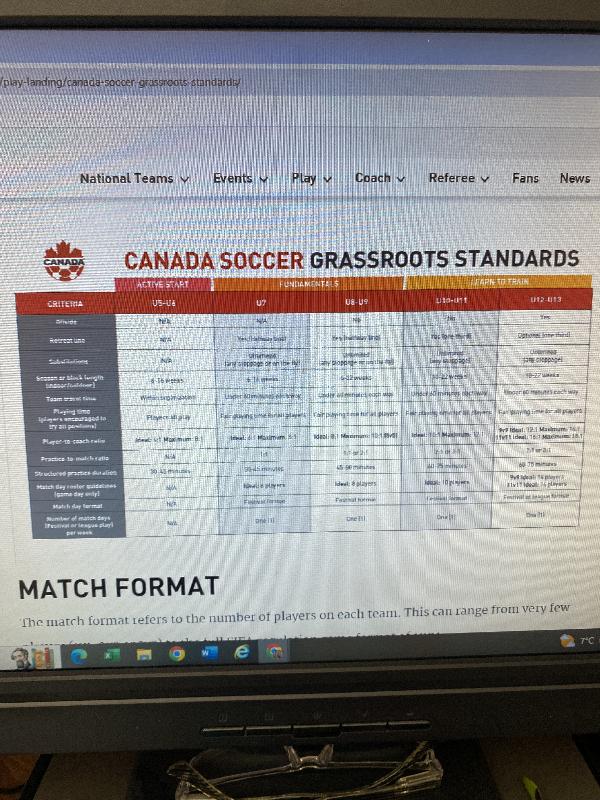
CANADA SOCCER GRASSROOTS STANDARDS
January 01 ,2024
Play
CANADA SOCCER GRASSROOTS STANDARDS
The Canada Soccer Grassroots Standards have been designed to create the best possible learning and development environment for all young players in Canada. The Grassroots Standards are based on global best practice while taking into account the realities of Canadian soccer. As adults, it is our responsibility to ensure that all of our children are able to enjoy soccer in a safe, fun, accessible, inclusive and developmentally appropriate environment. Given the uniqueness of our country – where geography, climate and infrastructure can be vastly different from one region to the next – it will not always be possible to implement the Grassroots Standards. Do your best to implement the Grassroots Standards while understanding that some standards may not be possible to achieve in your region.
MATCH FORMAT
The match format refers to the number of players on each team. This can range from very few players (1v1, 2v2 or 3v3) to the full FIFA regulation game format of 11v11.
MINIMUM REST TIME BETWEEN MATCHES
Young players need rest as they expend a great deal of energy during matches. It is important for their wellbeing that they have a minimum rest period between matches during a Festival or Memorable Event. This ensures that they have the time needed to recover, refuel and rehydrate. The rest time between matches is considered the time between the end of one match, including any additional time or kicks from the penalty mark, and the start of another.
MAXIMUM MATCH DURATION
This refers to the maximum length of the match. The match is normally played in two halves of equal duration (i.e. A 30-minute match would be comprised of two, 15-minute halves) however, the match may be divided as required (i.e. Three 10-minute periods)
MAXIMUM MATCH TIME PER PLAYER PER DAY
In order to ensure that our young players are safe, we do not want them to be pushed beyond their physical limits. The maximum match time per player is the total amount of match time each player experiences on match day. Be careful to track the total playing time of each player, as exceeding the recommended guidelines may lead to burnout or injury.
COACHING QUALIFICATIONS
This refers to the training that a coach is required to complete prior to coaching a group of young players. As part of Canada Soccer’s Safe Sport Roster, all coaches in Canada are required to complete the training outlined in the Canada Soccer Grassroots Standards.
MEMORABLE EVENTS
Playing in tournaments and special events is an important part of a positive soccer experience for young players. Some of their most memorable experiences will be when they participate in tournaments and festivals, often away from home. These events are where lifelong friendships are formed, and they are important to a young player’s soccer experience. However, adults can sometimes get carried away with the perceived importance of these events and can over-schedule them. It is best that memorable events are phased in gradually as young players mature in the game and are kept to a reasonable number of events.
INTERNATIONAL VS OVERSEAS TRAVEL
Given the size of our country and the proximity of many Canadians to the United States, it is often more convenient for teams to travel to memorable events in the United States than in Canada. We want our players to have great experiences in a variety of competitions, and there are many options to do this in Canada and the U.S. Overseas travel (i.e. Europe, Asia, South America) should generally be restricted until players are older so that they can fully appreciate the experience. However, there are exemptions, so please contact your Member Association to apply for an overseas travel permit.
OFFSIDE
Offside is Law 11 of the International Football Association Board (IFAB) Laws of the Game, and is recommended to be implemented for young players at the U12 level. For a deeper understanding of Law 11, please follow this link.
GAME LEADER
In many parts of Canada, Game Leaders are used to facilitate matches between young players. The Game Leader will be trained to achieve a few objectives on the field:• Enable children to have a fun and rewarding experience while competing in small sided games.• Ensure player safety.• Implement simplified rules while keeping the game moving — limiting stoppages and assisting the young players with all restarts.
The Game Leader can be a club representative, coach, parent or a beginning or senior referee who has been selected by the club or district to participate in the Game Leader Instruction program.
MATCH DAY FORMAT
Canada Soccer recommends that Grassroots programs for players U7-U12 utilize the Festival Format for match days. Traditional league play format should not be introduced until U13.A Festival Format is a competition that includes multiple matches in a single day, whereas league play includes only a single match per day.
MATCH DAY ROSTER GUIDELINES
The match day roster is the list of players that a coach has available to play in a given match. It is important for coaches to remain within the guidelines provided; too few players and there is an increased risk of fatigue, burnout and injury. Too many players and there is a risk of boredom as players will spend too much time on the sidelines and not enough time playing soccer.
SUBSTITUTIONS
Substitutions are used to ensure that players have an opportunity to play different positions and to get some rest, when required. While ensuring that all players get exactly the same playing time is a challenge, it is important for players to have an opportunity to play as much soccer as possible. Team
TRAVEL TIME
For young players to fall in love with the game of soccer, they need to play. A general rule is that players should not spend more time in a car traveling to a match, Festival or tournament than they spend on the field enjoying that experience.
RETREAT LINE
The retreat line has been introduced in grassroots soccer in recent years to help develop young players’ ability to play out from the goalkeeper and to keep possession of the ball as they build an attack.
This teaching tool has also been used to help build confidence in players as they retain possession of the ball.
The Retreat Line should be used in relation to the age and stage of development of the players, and is optional for players in the U12/U13 age categories.
SEASON OR BLOCK LENGTH
Development programs for young players are often broken up into seasons (spring, summer, fall, winter) or into multi-week “blocks”. There should be time between these seasons or blocks for players to get some rest or to play other sports. The parameters around minimum/maximum time of the seasons/blocks are flexible to ensure that clubs are able to offer appropriate programming for players without overloading them physically.
PLAYING TIME
One of the most challenging tasks for a Grassroots coach is to ensure that players get equal playing time. More often than not, this is an impossible task. When matches begin to occur at U7, the recommendation is that all players are given “fair” playing time. This means that coaches will do their best to ensure that all players get to play as much soccer as possible. All children have the right to enjoy their soccer experience – and they can’t do that if they don’t get to play.
PLAYER-TO-COACH RATIO
Coaching young players can be challenging. In order for coaches to enjoy their experience and be able to build meaningful relationships with their players, Canada Soccer has provided a range of player-to-coach ratios, from “Ideal” to “Maximum”. This ensures that all players will have the opportunity to interact with their coach(es) as much as possible.
PRACTICE-TO-MATCH RATIO
This is the number of practice sessions (practices) that players participate in during a week compared to the number of match days (Festivals, Memorable Events) in that week.
RESTARTS FROM THE SIDELINES
One of the greatest challenges that young players face as they are learning to control the ball is keeping the ball in play. When the ball goes out of play along the sidelines, it is required to be played back into play by the team who did not touch the ball last. The traditional method of returning the ball into play is via a throw-in. However, for young players, this can be a challenging skill to learn and often results in the ball going back out of play. To facilitate more contact time with the ball at their feet and more time for the ball to be in play, players up to U12 will be permitted to pass or dribble the ball back into play when a restart from the sidelines is required.
NUMBER OF MATCH DAYS PER WEEK
Players spend far more time on the ball in practice learning the skills they need to enjoy soccer than they do in a match. (In a 90-minute match in professional soccer, the top players who are on the ball the most only have the ball for approximately 2 minutes.) Practice is where players learn the fundamental skills to enjoy soccer, and matches are where those skills are applied or tested. The limitations on the number of match days per week are to encourage more meaningful practice sessions and to de-emphasize the importance of matches and competition.
STRUCTURED PRACTICE DURATION
This is the length of time that the structured practice session takes place. This is generally from the time the coach gathers all of the players at the start of the practice (prior to the warm-up, if required) to the time the coach has a debrief with the players at the end of the practice session. This does not include the coach’s set up and take down time before and after the practice session. -
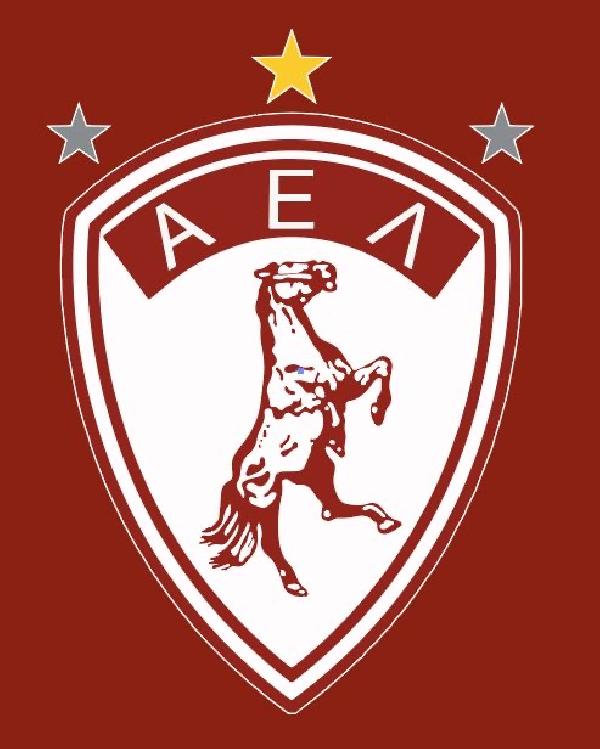
Provides an environment that supports participant's physical and emotional safety
January 01 ,2024
AEL FC Canada
Provides an environment that supports participant's physical and emotional safety. e.g. Anti-bullying Policy, Anti-discrimination/Equity/Diversity, Equity, and Inclusion Policy, etc.) In accordance to AEL FC Canada's Code of Conduct, Bullying, discrimination, equity / diversity, equity and inclusion violations by players, coaches, parents. officials and spectators is strictly prohibited. AEL FC has a zero tolerance.
An open, accessible, equitable and respectful soccer club where everyone is welcome to participate and fully and contribute to all AEL FC Canada programs.
Diversity
is the range of visible and invisible qualities, experiences and identities that shape who we are, how we think and how we engage with, and are perceived by the world. These can be along the dimensions of race, ethnicity, gender, sexual orientation, socio-economic status, age, physical or mental abilities, religious/spiritual beliefs, or political ideologies. They can also include differences such as personality, style, capabilities, and thoughts/perspectives.
Inclusion
is recognizing, welcoming and making space for diversity.
Equity
is fairness, making sure everyone has what they need to succeed and removing barriers that disadvantage some groups over others. This is different than treating people equally, which is behind the concept of “equality.”
Anti-racism
is a specific approach to eliminate racism that acknowledges that systemic racism exists and that takes proactive steps to fight racial inequity. It actively confronts the unequal power dynamic between groups and structures that maintain it.
Accessibility
is ensuring that people of all abilities have equitable and barrier–free access to physical spaces, products, programs and services, as well as employment opportunities.
AEL FC CANADA -
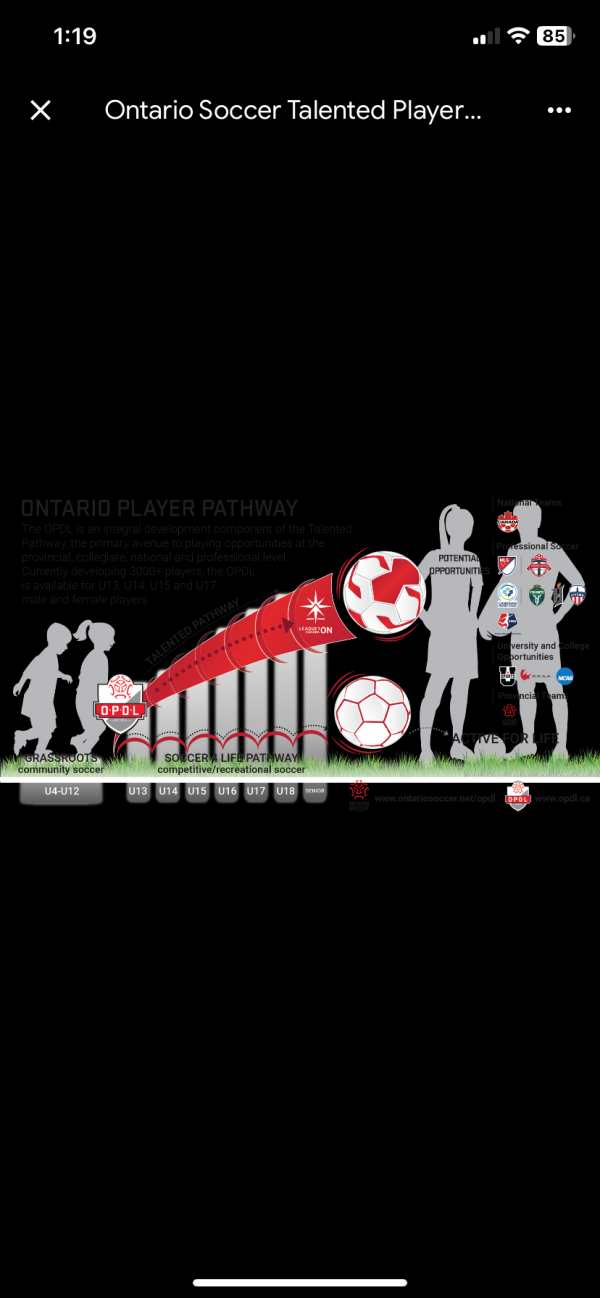
AEL FC Programs adapt To Long-Term Player Development (LTPD) stage appropriate principles
January 01 ,2024
https://www.ontariosoccer.net/player-talented-pathway
https://www.ontariosoccer.net/player-grassroots
-
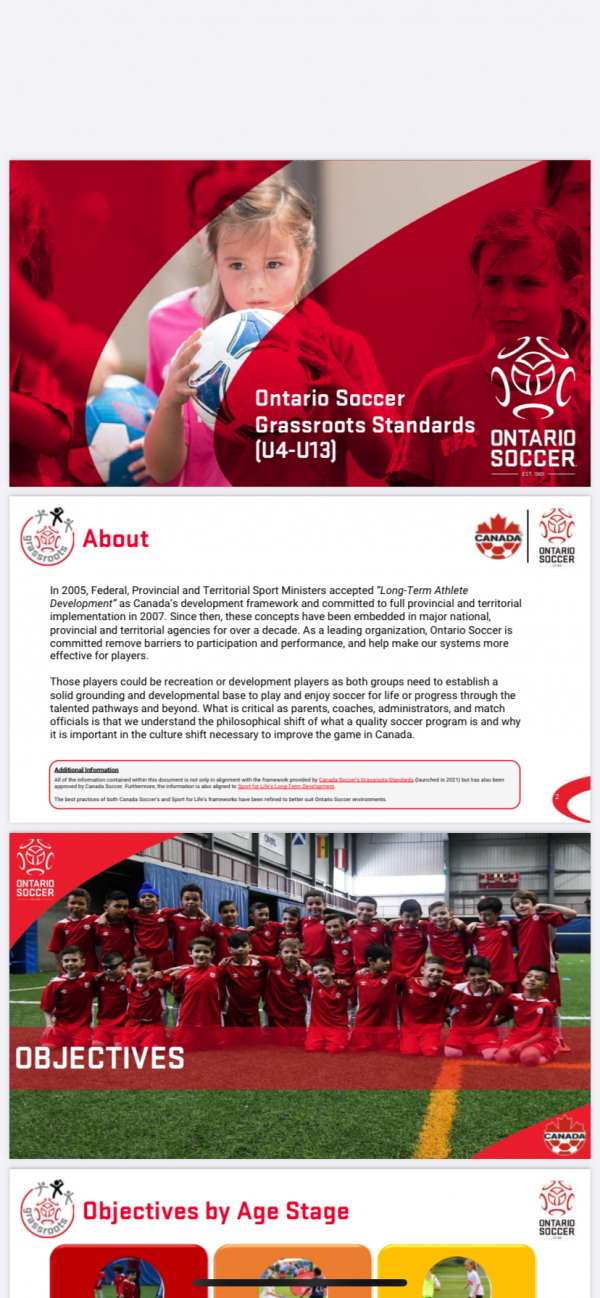
AEL FC Programs adapt To Long-Term Player Development (LTPD) stage appropriate principles
January 01 ,2024
https://www.ontariosoccer.net/player-talented-pathway
https://www.ontariosoccer.net/player-grassroots -
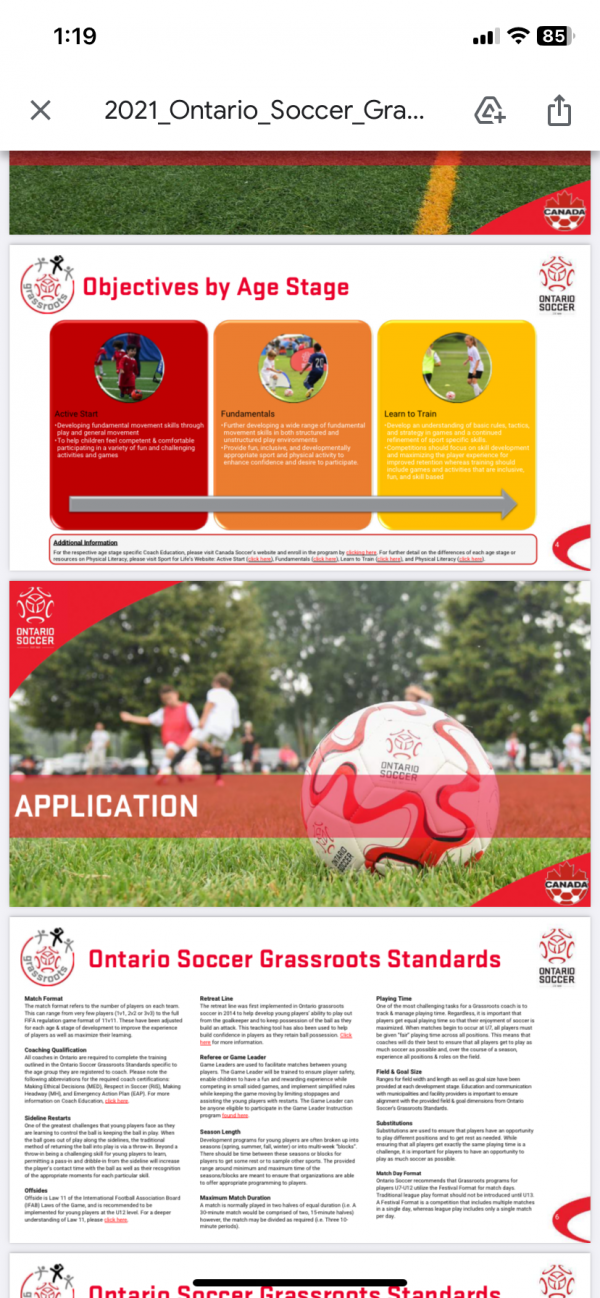
AEL FC Programs adapt To Long-Term Player Development (LTPD) stage appropriate principles
January 01 ,2024
https://www.ontariosoccer.net/player-talented-pathway
https://www.ontariosoccer.net/player-grassroots -
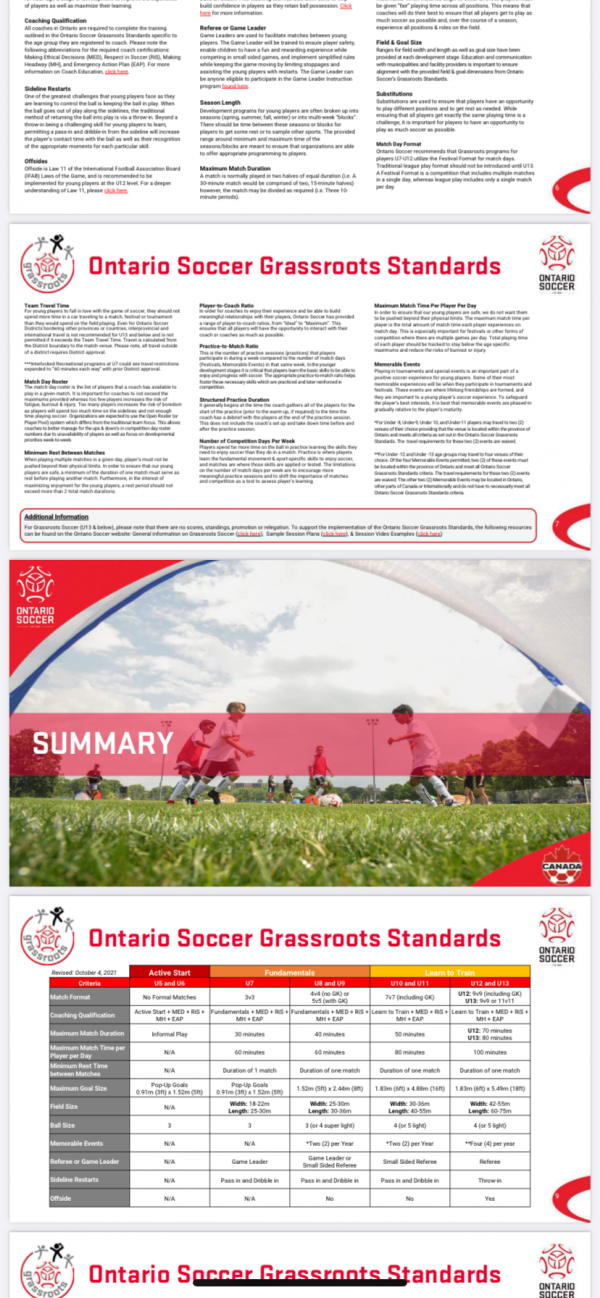
AEL FC Programs adapt To Long-Term Player Development (LTPD) stage appropriate principles
January 01 ,2024
https://www.ontariosoccer.net/player-talented-pathway
https://www.ontariosoccer.net/player-grassroots -
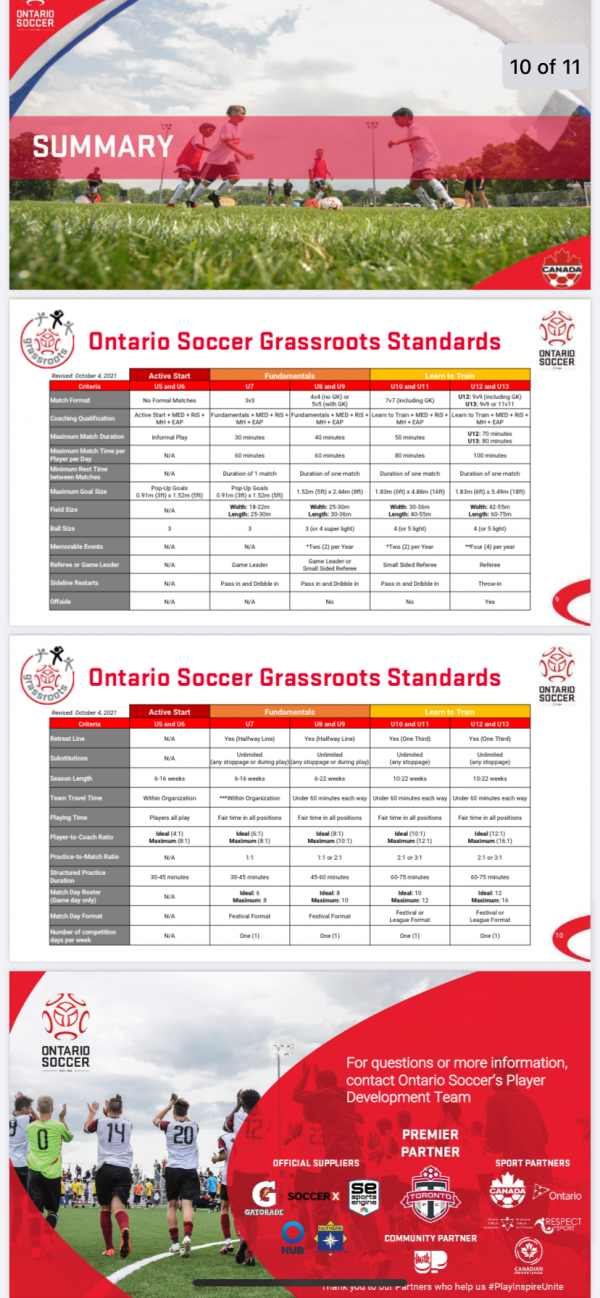
AEL FC Programs adapt To Long-Term Player Development (LTPD) stage appropriate principles
January 01 ,2024
https://www.ontariosoccer.net/player-talented-pathway
https://www.ontariosoccer.net/player-grassroots -

AEL FC Does not interact with non-member organizations unless approved by governing organization(s)
January 01 ,2024
AEL FC CANADA
62 South Carriage Rd, London, On N6H5M3
aelfccanada@gmail.com
www.aelfccanada.ca
Ontario Corp no. 1000393250
Club Number: CD 1503
AEL FC CANADA does not interact in any way with un-sanctioned non-member organizations.
AEL FC CANADA
-

AEL FC 2023 INDOOR LEAGUE CHAMPIONS!!!
March 04 ,2023
Congratulations to the AEL FC men's team on capturing the indoor league championship!!!
A dominating performance!
A dominating season!!
Congratulations gentlemen!!
Well Earned!
Well Deserved!!!
AEL OLE! OLE!! OLE!!! -
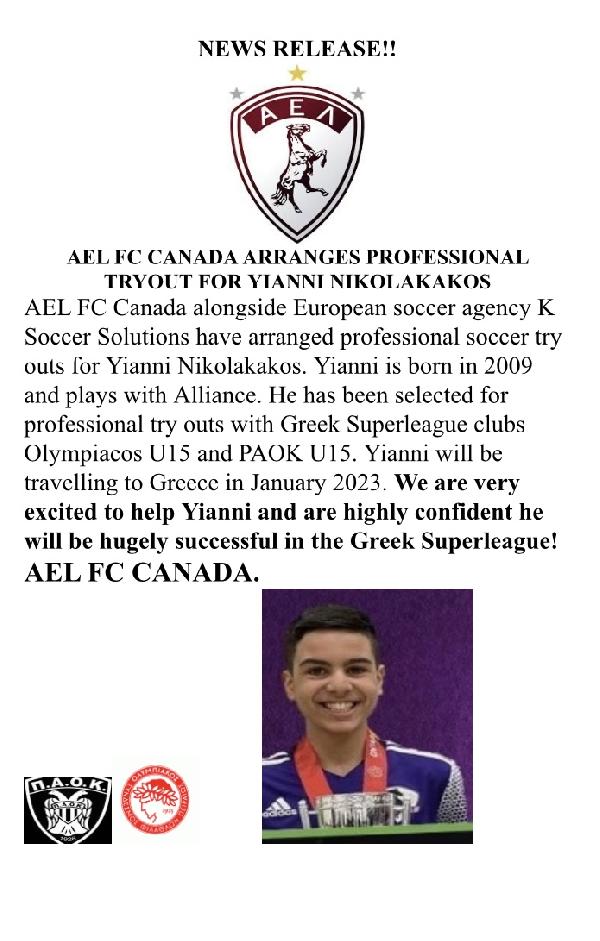
AEL FC ARRANGES A PROFESSIONAL SOCCER TRY OUT FOR LOCAL PLAYER
December 06 ,2022
AEL FC CANADA ARRANGES PROFESSIONAL TRYOUT FOR YIANNI NIKOLAKAKOS
AEL FC Canada in conjunction with European soccer agency K Soccer Solutions have facilitated a professional soccer try out for Yianni Nikolakakos. Yianni is born in 2009. He has been selected for professional try outs with Greek Superleague clubs Olympiacos U15 and PAOK U15. Yianni will be travelling to Greece in January 2023. We are very excited to help Yianni and are highly confident he will be hugely successful in the Greek Superleague! AEL FC CANADA. -
May 15 ,2022
-
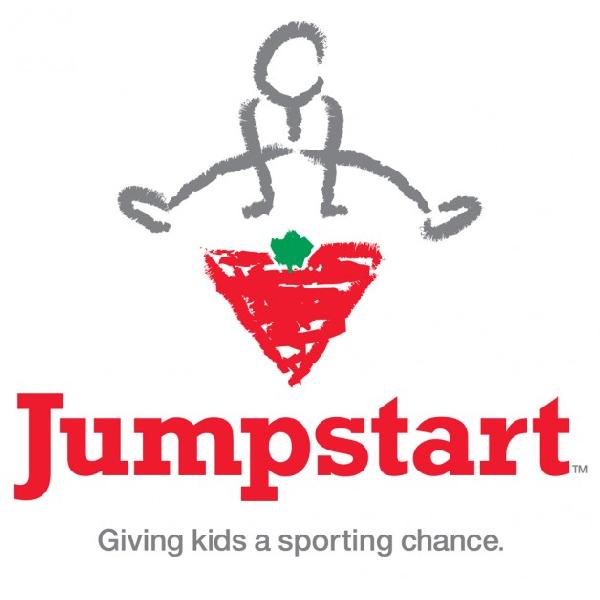
Jumpstart Program Now Part of AEL FC Canada www.jumpstart.canadiantire.ca
November 25 ,2021
Canadian Tire's Jumpstart Program is now part of AEL FC Canada's youth soccer program. Jumpstart is committed to ensuring kids in need have equal access to sport and recreation.
Families who wish their children to participate in AEL FC Canada youth soccer program may apply through www.jumpstart.canadiantire.ca. Please contact us at aelfccanada.com if you require further clarification or further questions.
Thank you to Jumpstart for giving children an opportunity to participate in the beautiful sport!
www.jumpstart.canadiantire.ca -
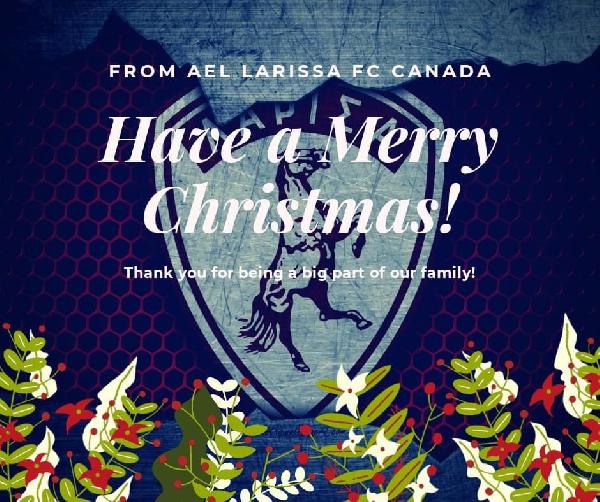
-
